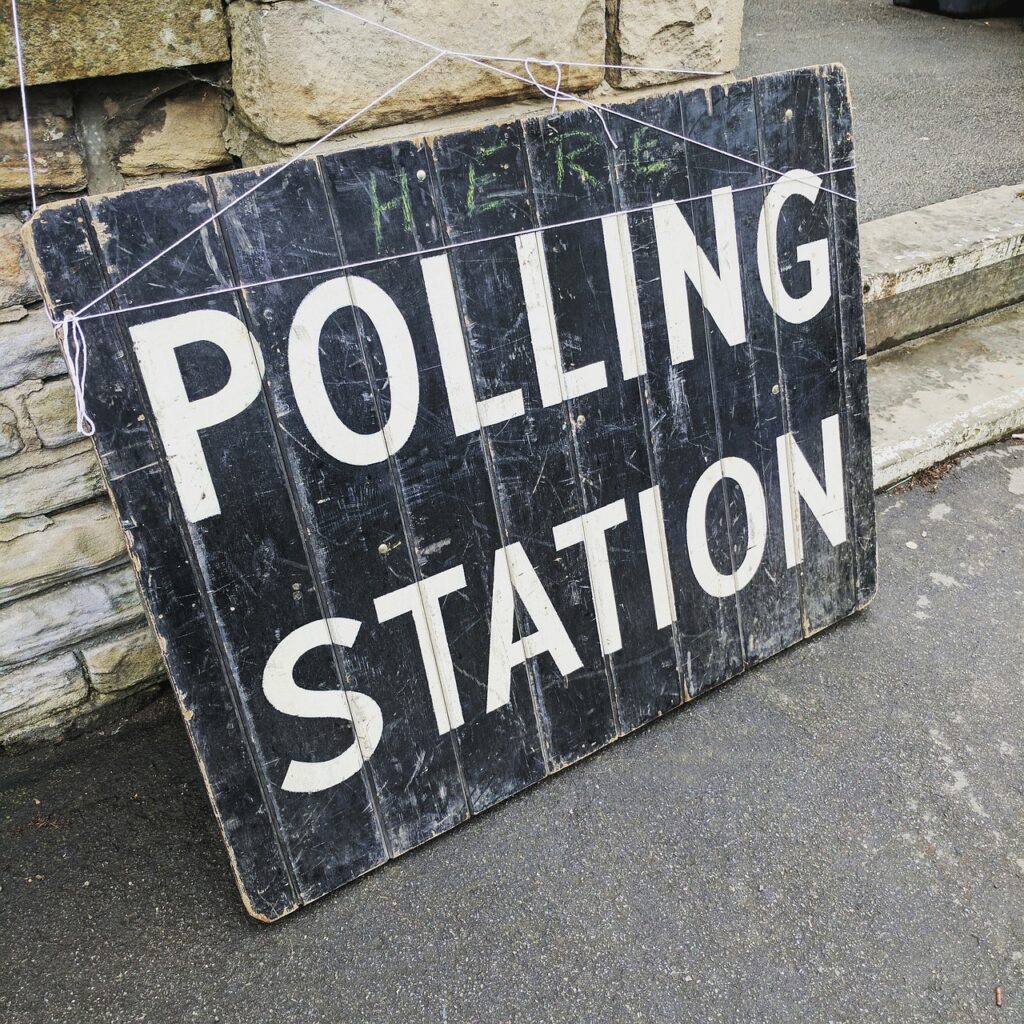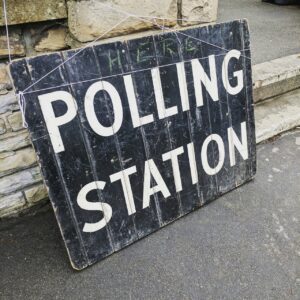The Prime Minister, Rishi Sunak’s, announcement of a General Election on 4th July meant that a number of laws that would have affected the security industry, as well as introduce restrictions on the sale of vapes, were not passed before parliamentary business was completed on 24th May.
The Institute of Government reported that the ‘wash-up’ period, which is the opportunity for parliament to get through any unfinished business before the dissolution of parliament, of just two days, was the shortest since 2010. Parliament will be dissolved on 30th May.
Data Protection and Digital Information Bill
The Data Protection and Digital Information Bill, which had been passed in the House of Commons, and completed its committee stage last month in the House of Lords, was omitted from the list of Bills due to be passed by parliament on its final day of sitting. It had been planned that the Bill would be passed this spring but will now not become law.
This Bill aimed to simplify data protection law and removed the role of the Biometrics and Surveillance Commissioner (BSCC) and abolished the associated Surveillance Camera Code of Practice. While the biometrics function of the BSCC was being transferred to the Investigatory Powers Commissioner, many of the Surveillance Camera Commissioner functions were not being replaced. The government had argued that many of the Code’s requirements would be covered under data protection regulation.
Vaping restrictions
In last year’s Kings Speech, the government had also committed itself to introducing legislation to ban disposable vapes and place greater restrictions on their sale amidst concern about the rise in the level of young people vaping. This was part of a law to gradually outlaw smoking. The Tobacco and Vapes Bill had cross-party support and had reached its report stage in the House of Commons.
Recent figures from the public health charity ASH found that rates of vaping among 11–17-year-olds have plateaued, with 7.6% of young people vaping occasionally or regularly, and 17% of young people having ever vaped, similar to the levels reported in 2023. Among adults 11% of British adults vape, up from 9% in 2023.
The charity noted that the rate of vaping among 11–17-year-olds is significantly up from pre-pandemic levels (7.6% in 2024 compared to 4.4% in 2019). The ASH survey also found that exposure to vape marketing remains high among young people; only 19% say they don’t see vapes being promoted. Young people are most likely to see vapes promoted in shops (55%) followed by online (29%). TikTok is where 11-17-year-olds most frequently report seeing online promotion.
The Labour Party had proposed restrictions on vaping as part of its Child Health Plan announced in January. Whichever party wins the general election laws on vaping may therefore be reintroduced.
Martyn’s Law
Meanwhile the government had yet to introduce the Terrorism (Protection of premises) Bill, following the publication of a draft bill, and then a consultation which closed in March. An earlier draft was introduced a year ago following earlier consultations. This legislation, known as Martyn’s Law, aimed to “improve the safety and security of public venues” and keep the British public safe from terrorism. It would have introduced responsibilities on those managing venues to be better to be better prepared for terrorist incidents.
The public inquiry into the Manchester Arena terrorist attack identified security staff and police failings in identifying the bomber, Salman Abedi, as acting suspiciously despite members of the public raising concerns. This, it was suggested, could have been prevented through better training of security staff and briefings reminding them of the terrorist threat level. The inquiry Chair, Sir John Saunders expressed his support for a Protect Duty, that would oblige those managing events and venues to improve staff training and take other steps to improve preparedness for a terrorist attack.
Figen Murray OBE originally campaigned for the law to commemorate her son Martyn Hett. Martyn was one of 22 people murdered in the Manchester Arena terrorist attack in 2017. She had recently completed a walk from Manchester to London to mark the 7th anniversary of the terrorist attack and to urge Rishi Sunak to introduce the legislation. She was in the House of Commons the gallery during Prime Minister’s Questions on 22nd May. The Leader of the Opposition Kier Starmer expressed his support for her campaign saying, “She is campaigning for Martyn’s law, which we must make a reality as soon as possible.”
The new Parliament
After the general election, Parliament will meet on 9th July when new members will be sworn in and a speaker will be elected. The State Opening of Parliament and a new King’s Speech is scheduled to take place on 17 July.
The law firm Osborne Clarke commented that, “Although a number of bills and a considerable amount of secondary legislation did not survive the wash-up period, it is possible that the next government will pursue some of the same policy objectives. These would have to be introduced as new bills or regulations and begin the Parliamentary process afresh. The new government is not obligated to pick up draft legislation that did not make it through wash-up and, if it does, it could make substantial changes based on its own objectives.”
If Labour, as the polls suggest, wins the general election their support for vaping restrictions and Martyn’s Law, makes it likely new legislation in these areas will be introduced but may not initially be prioritised. As these laws impacted the security and monitoring industry in which Ecl-ips operates we will keep you informed of what the new government proposes after the election.



